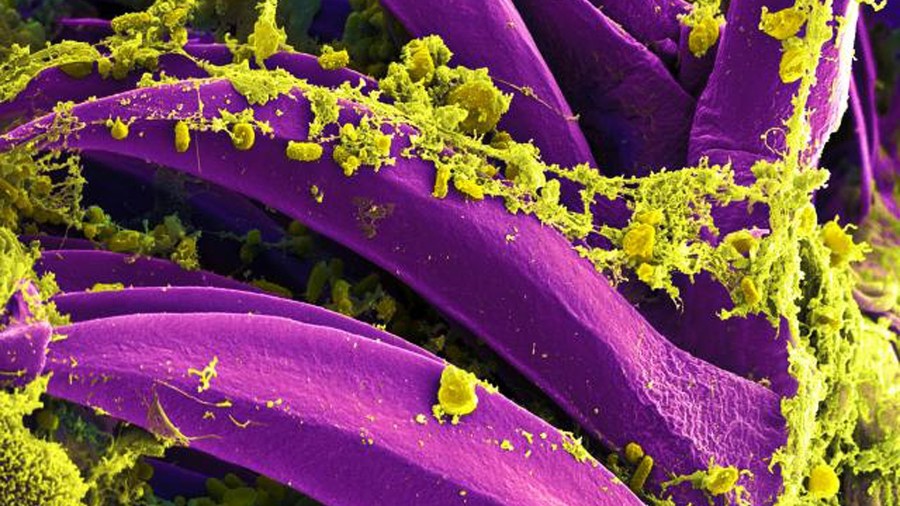
Health officials in one Colorado county are warning residents after a squirrel tested positive for bubonic plague, KTLA sister station KDVR in Denver reported Sunday.
The animal was found in Morrison, which is about 17 miles southwest of Denver, and is the first confirmed case of plague in Jefferson County this year, according to health officials.
Plague can be spread to humans or other animals through direct contact, including bites, or through bites from infected fleas. the disease is caused by a bacteria called Yersinia pestis.
Jefferson County public health officials said cats are especially susceptible to plague and may die if not immediately treated with antibiotics. Dogs are at a lower risk but may pick up and carry infected fleas.
Symptoms of plague in humans include sudden onset of high fever, chills, headache, nausea and extreme pain and swelling of lymph nodes, occurring within two to seven days after exposure. It can be effectively treated with antibiotics when diagnosed early.
Risk for getting plague is extremely low as long as precautions are taken.
Jefferson County Public Health recommended residents take the following precautions:
- Eliminate all sources of food, shelter and access for wild animals around the home.
- Do not feed wild animals.
- Maintain a litter and trash-free yard to reduce wild animal habitats.
- Avoid contact with sick or dead wild animals and rodents.
- Use precaution when handling sick pets and have sick pets examined by a veterinarian.
- Consult with your veterinarian about flea and tick control for your pets.
- Keep pets from roaming freely outside the home where they may prey on wild animals and bring the disease home with them.
More information about plague can be found on the CDC’s website.












